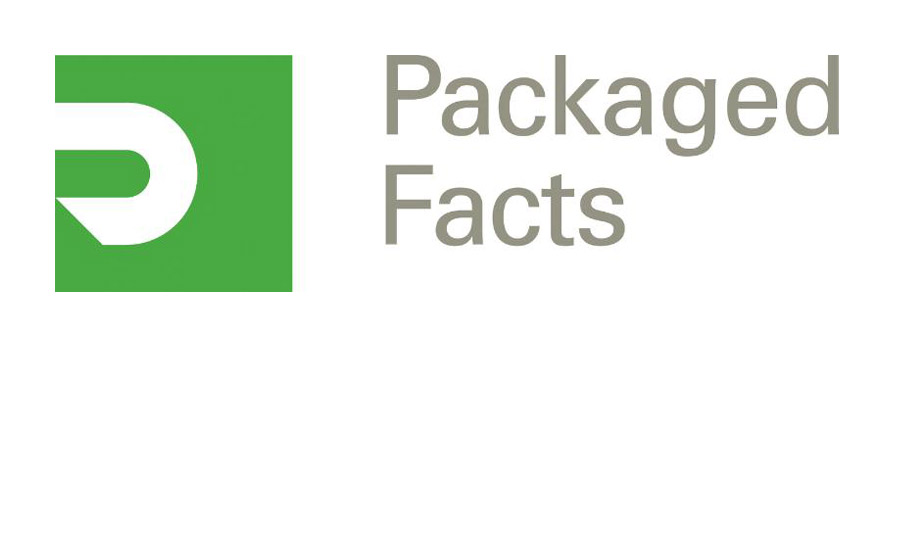Some terms associated with clean labels are defined and regulated by the US government, albeit not always to the satisfaction of consumers or advocacy groups, reports market research firm Packaged Facts in the 2018 study, Organic and Clean Label Food Consumer in the US.
Other terms, most notably "natural," are widely used but essentially meaningless, and attributes like "minimally processed" are more conceptual than quantifiable. The dearth of standardized, consistently-applied language can be a significant obstacle in the marketing of clean label foods, which are expected to embody the principles of authenticity, integrity, and trust. On the other hand, the connection with clean label for consumers is often a visceral, "I'll know it when I see it" one.
As adherents to a movement whose language ranges from grand, nebulous concepts (sustainability, integrity, authenticity) to ill-defined buzzwords (minimally processed, natural), without benefit of a marketing lexicon or regulatory infrastructure to help them make informed choices, clean label consumers can be left confused, uncertain, and skeptical, notes David Sprinkle, research director for Packaged Facts.
Unfortunately, US government regulations don't necessarily make consumers feel more secure about food safety or other clean label issues. For instance, Packaged Facts surveys show that fewer than half of adults believe animal welfare standards are being upheld. Many aren't convinced that animals raised for food are treated appropriately under current practices and regulations, or are skeptical of the validity of marketing terms like "cage free" or "free range."
Particularly in a deregulatory political environment, organic and clean label consumers will increasingly demand clarity and transparency from food producers, manufacturers, retailers, and foodservice operators.
Find out more on the topic in Packaged Facts' report, Organic and Clean Label Food Consumer in the US.



